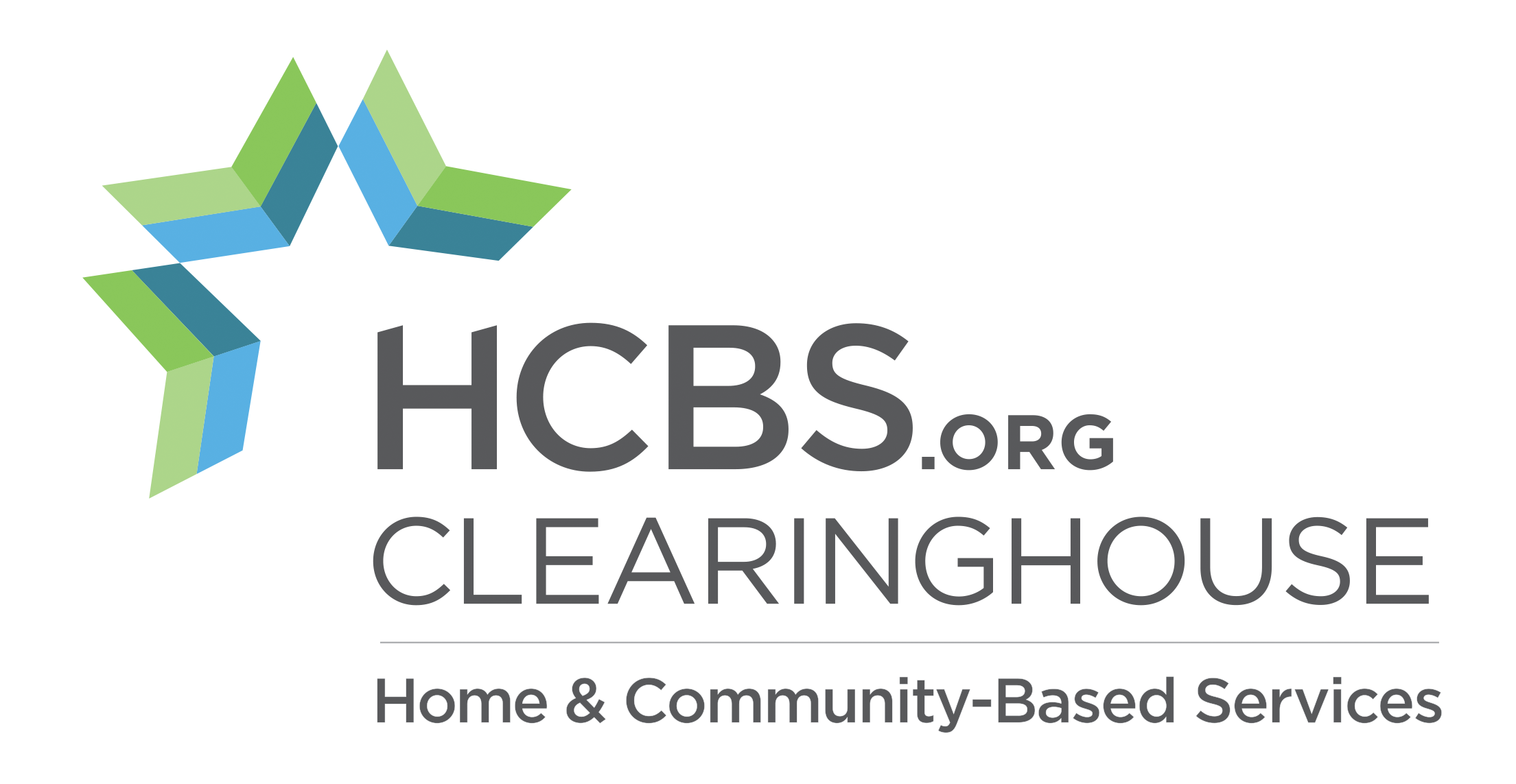
Research Insights on Employment Outcomes for People with Disabilities
Summary
Recent research by Lindsay DuBois and her colleagues at the Human Services Research Institute (HSRI) into the exploration of employment outcomes for people with intellectual and developmental disabilities using the NCI-IDD In-Person Survey shows that people with IDD face significant challenges in securing meaningful employment. Their study analyzed data from over 4,600 adults with IDD across 25 US states, examining how different factors influence employment success.
The researchers looked at three distinct categories:
1. Competitive integrated employment, which describes jobs in integrated workplace settings paying at least minimum wage.
2. Underemployment, which includes jobs in segregated settings and/or paying below minimum wage.
3. Unemployment among those who want to work.
The researchers uncovered several factors linked to employment outcomes. Those who could help create their service plans had higher rates of competitive integrated employment, while having a guardian was associated with higher rates of unemployment or underemployment. The researchers found that having employment listed as a goal in a person’s service plan was associated with 4.5 times higher odds of achieving competitive integrated employment compared to those without such goals.
Watch the informational video to learn more.
The researchers looked at three distinct categories:
1. Competitive integrated employment, which describes jobs in integrated workplace settings paying at least minimum wage.
2. Underemployment, which includes jobs in segregated settings and/or paying below minimum wage.
3. Unemployment among those who want to work.
The researchers uncovered several factors linked to employment outcomes. Those who could help create their service plans had higher rates of competitive integrated employment, while having a guardian was associated with higher rates of unemployment or underemployment. The researchers found that having employment listed as a goal in a person’s service plan was associated with 4.5 times higher odds of achieving competitive integrated employment compared to those without such goals.
Watch the informational video to learn more.
Types/Tools
Populations

